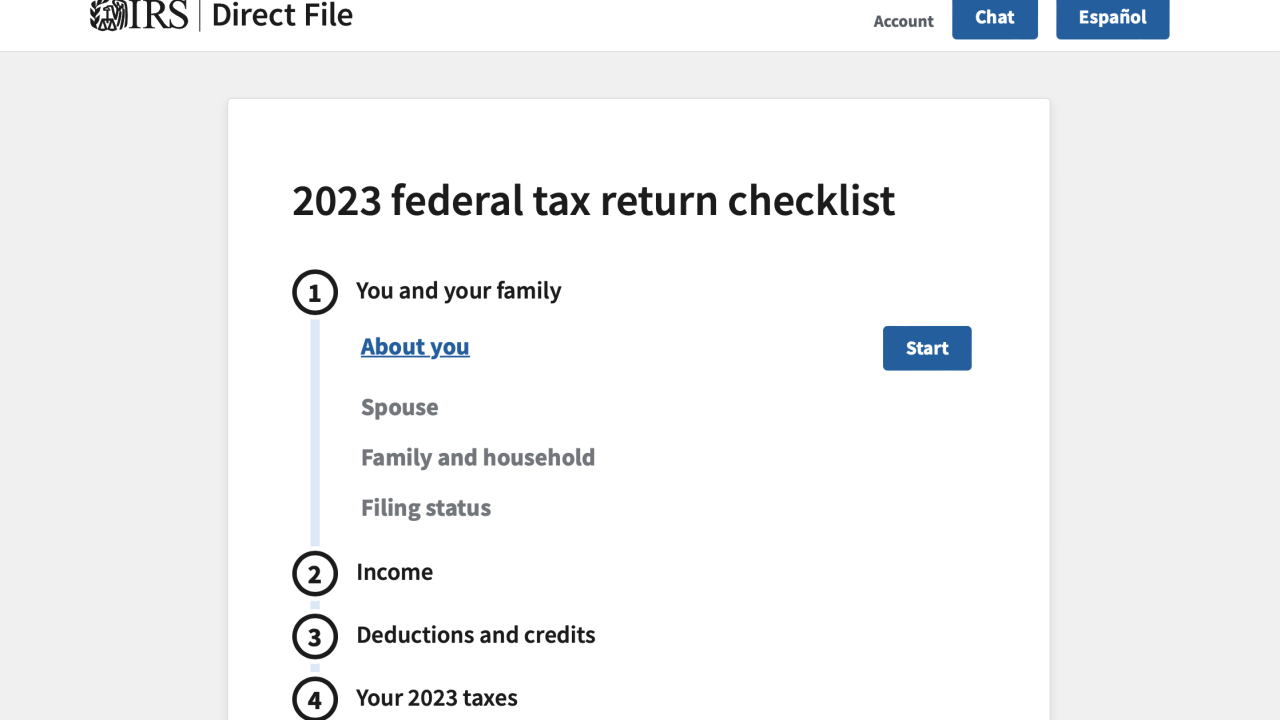(Bloomberg) Democrats are courting progressive-minded Americans by calling for a tax on Wall Street trades. If the party succeeds, the mom-and-pop investors they’re wooing could bear the brunt.
The party supports a financial transaction tax to rein in “excessive speculation” and fast traders that have “threatened financial markets.” Small investors would probably see an increase in the cost to buy and sell, which has never been lower. The tax, which is aimed at the speed traders that are Wall Street’s dominant middlemen, could also raise trading costs by reducing liquidity if those firms retreat because of lower profit margins.
“Politicians think of this as a tax on the guys that caused the financial crisis,” said Keith Lawson, senior counsel at the Investment Company Institute, which represents U.S. money managers with $17.9 trillion in assets who serve more than 90 million shareholders. “It’s a tax on investors.”
Hillary Clinton, the likely Democratic nominee for president, has backed something narrower: a tax on speed traders who spam markets with a barrage of orders they never execute. But her top competitor during the primaries, Bernie Sanders, called for a broader financial transaction tax, which was mentioned in the party’s proposed platform.
‘Threatened’ Markets
“We support a financial transactions tax on Wall Street to curb excessive speculation and high-frequency trading, which has threatened financial markets,” according to the proposed Democratic platform, which lays out the party’s goals. It also says: “We acknowledge that there is room within our party for a diversity of views on a broader financial transactions tax.”
Either proposal pushes the party into a debate over whether high-frequency traders—computer-driven firms that have supplanted humans as the primary middlemen in markets—have helped or hindered the investment business. The shift to electronic trading has saved investors money: about $900 million per year during the past decade in the stock market, according to data compiled by Markit Ltd.
Though a tax could eat into that, such a proposal has prominent support. Billionaire investors such as Warren Buffett, George Soros and Bill Gates have endorsed financial transaction taxes. Proponents like the Aspen Institute and Center for Economic and Policy Research argue they could stem volatility and promote a long-term view among investors. European lawmakers are mulling one. The U.S. government could haul in about $50 billion per year by implementing a trading tax, according to a 2015 study from the Urban-Brookings Tax Policy Center. The money could fund college tuition, Sanders argued during his campaign.
‘Critical Role’
Tim Buckley, the chief investment officer of Vanguard Group, said taxes on financial transactions can backfire, upsetting a natural part of the market’s ecosystem. Vanguard, with more than $3 trillion in assets, is the investing gateway for millions of Americans.
“High-frequency trading plays a critical role,” he said. “When you put a tax on transactions, you risk damaging liquidity. As mutual fund investors we rely on having liquidity,” he added. “A drop in liquidity is bad for fund shareholders.”
The Democratic Party’s platform doesn’t specify the size of the tax. A bill Representative Peter DeFazio, a Democrat from Oregon, introduced Wednesday would tack on a 0.03 percent fee onto stock, bond and derivatives trades in the U.S. He said it would “discourage the same speculative financial trading that led to the 2008 Wall Street collapse and 2010 ‘Flash Crash.’”
Though that doesn’t sound like a lot, it’s enough to potentially make a difference to the high-frequency traders investors rely on to complete their trades.
“If you look at what most of those high-frequency traders actually do, they are doing things that really support long-term investors,” said James Angel, a finance professor at Georgetown University in Washington, adding that the trouble with financial transaction taxes is that they “wind up being paid for by the mom-and-pop investors at the end of the day.”





